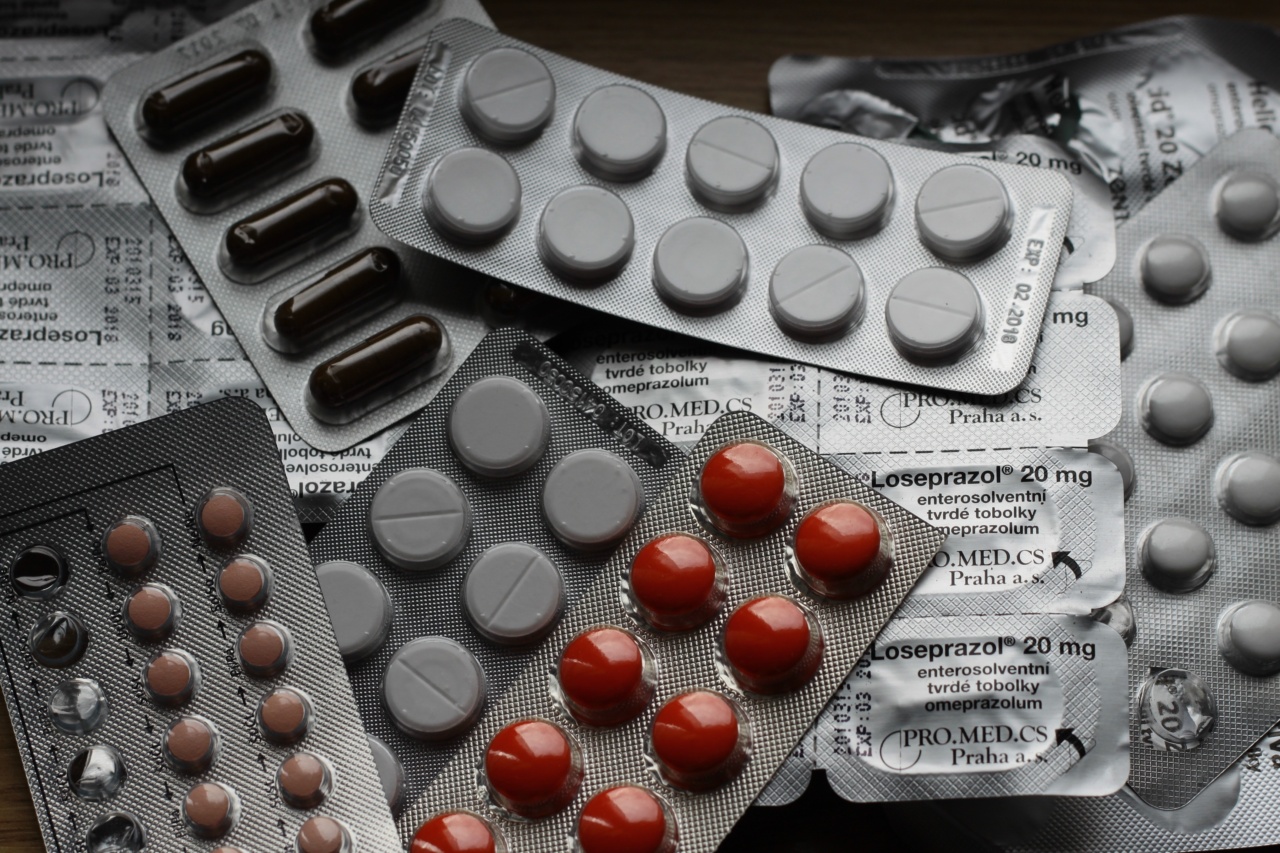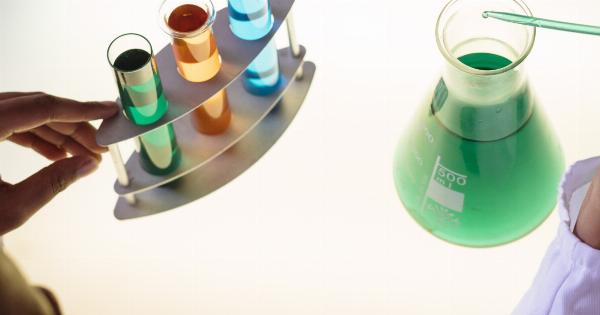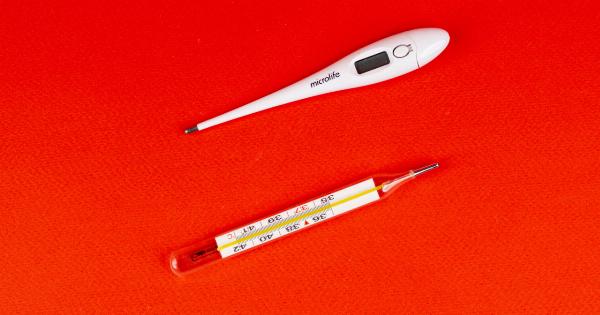Scientific advancements have undoubtedly brought about numerous improvements in our lives. From medical breakthroughs to technological innovations, these developments have revolutionized the way we live, work, and communicate.
However, not all scientific techniques are beneficial to our health. There are certain invisible scientific techniques that can harm our well-being, often without us even realizing it. In this article, we explore some of these hidden dangers and shed light on the need for greater awareness and precaution.
1. Electromagnetic Radiation
Our modern society is heavily reliant on technology that emits various forms of electromagnetic radiation. While necessary for communication and convenience, prolonged exposure to these radiations can have detrimental effects on our health.
The radiation emitted by cell phones, Wi-Fi routers, and other wireless devices has been linked to an increased risk of cancer, neurological disorders, and infertility.
2. Artificial Blue Light
In today’s digital age, most of us spend a significant amount of time staring at screens. However, the blue light emitted by these screens can disrupt our sleep patterns and contribute to eye strain and fatigue.
Prolonged exposure to artificial blue light has also been associated with an increased risk of macular degeneration, a leading cause of vision loss.
3. Chemicals in Personal Care Products
We often unknowingly expose ourselves to harmful chemicals present in our personal care products.
Common additives such as parabens, phthalates, and synthetic fragrances have been linked to hormonal disruptions, allergies, and even certain types of cancer. It is crucial to scrutinize the ingredients in the products we use daily and opt for safer alternatives.
4. Indoor Air Pollution
While we may think of pollution as an outdoor problem, the air inside our homes can be equally, if not more, polluted.
Volatile organic compounds (VOCs) released by everyday household items like cleaning products, furniture, and carpets can lead to respiratory issues, allergies, and other health problems. Proper ventilation and the use of natural or low-emission products can help mitigate these risks.
5. Heavy Metals in Food
Some scientific techniques used in agriculture and food production can inadvertently introduce heavy metals into our diets.
These metals, such as lead, mercury, and cadmium, are harmful even in small quantities and can accumulate in our bodies over time. Consuming contaminated food can lead to various health issues, including neurological damage, kidney damage, and even cancer.
6. Pesticide Residues
Although pesticides are designed to protect crops against pests, they can also pose risks to human health.
Even when consumed in trace amounts, pesticide residues present in fruits, vegetables, and other food products can have adverse effects on our nervous system, hormone balance, and immune system. It is advisable to choose organic produce whenever possible or thoroughly wash and peel conventionally grown fruits and vegetables.
7. Endocrine-Disrupting Chemicals
Some synthetic chemicals found in everyday products can interfere with our hormonal systems, leading to a range of health problems. These endocrine-disrupting chemicals (EDCs) can be found in plastics, food packaging, and even receipts.
Exposure to EDCs has been linked to reproductive issues, developmental disorders, and certain cancers. Opting for glass or stainless-steel containers, avoiding plastic containers with recycling symbol “7”, and minimizing the use of canned foods can help reduce exposure to these harmful chemicals.
8. Antibiotic Overuse
While antibiotics are essential for treating bacterial infections, their overuse can have significant repercussions.
Misuse and overprescribing of antibiotics contribute to the rise of antibiotic-resistant bacteria, making it increasingly difficult to treat common infections. This poses a serious threat to public health and could potentially push us towards a post-antibiotic era where previously treatable diseases become untreatable.
9. Artificial Sweeteners
Many people turn to artificial sweeteners as a calorie-free alternative to sugar. However, research suggests that these chemical sweeteners, such as aspartame and sucralose, may have adverse effects on our health.
Artificial sweeteners have been associated with weight gain, metabolic disturbances, and an increased risk of metabolic syndrome. It is crucial to assess the potential risks before using these sweeteners as replacements for sugar.
10. Genetic Modification
Genetic modification techniques, although promising in terms of improving crop yields and overall agricultural productivity, also raise concerns about potential health risks.
While genetically modified organisms (GMOs) currently available on the market are deemed safe for consumption, long-term effects on human health are still not fully understood. It is essential for scientific research to continue monitoring the impacts of GMOs and ensure their safety for human consumption.
In conclusion, while scientific techniques have undoubtedly brought about remarkable advancements, it is crucial to be aware of potential invisible dangers hidden within these developments.
From electromagnetic radiation and artificial blue light to chemicals in personal care products and indoor air pollution, it is essential to prioritize our health and take necessary precautions. By staying informed and making conscious choices, we can ensure a healthier future for ourselves and generations to come.




























